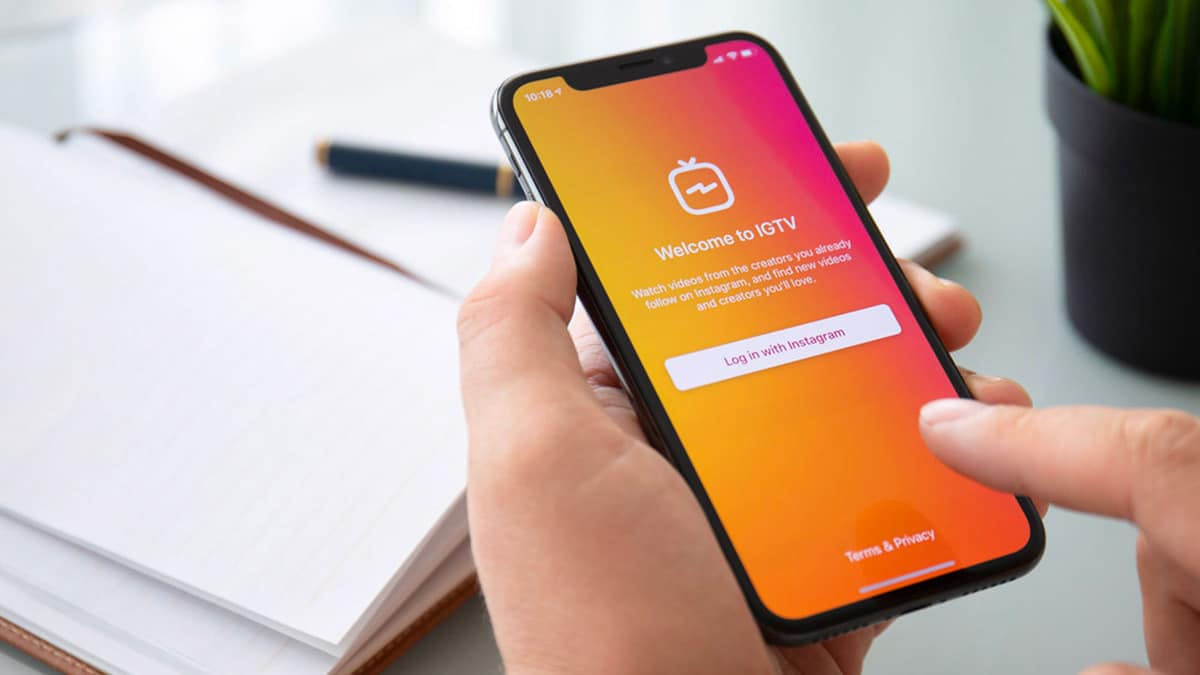Have you ever wondered if that used car you‘re looking at is hiding some dark secrets in its past? Or wanted to uncover every last detail about a vehicle before purchasing? The unique Vehicle Identification Number (VIN) assigned to every car since 1981 opens up the opportunity to delve into its history and prior use through VIN tracking services.
In this comprehensive guide, we‘ll explore everything you need to know about decoding VINs and tracking down vehicle history reports. You‘ll uncover how this simple 17-character code can provide peace of mind, help avoid buying a lemon, assist in recovering stolen cars, and give you confidence in your next automotive purchase or sale.
What is a VIN Exactly?
The VIN serves as every motor vehicle‘s fingerprint and enables various entities to identify cars. This standardized 17-character code was first introduced in the 1980s and has been mandatory in the US since model year 1981.
Here is a breakdown of the modern 17-character VIN format:
- Positions 1-3: World Manufacturer Identifier (WMI) – identifies the country and manufacturer
- Positions 4-9: Vehicle Descriptor Section (VDS) – indicates vehicle specs like model, body type, engine
- Positions 10-17: Vehicle Identifier Section (VIS) – unique to each vehicle for identification
Much like our Social Security Numbers enable identification as citizens, the VIN tracks a vehicle‘s entire lifetime allowing it to be pinpointed in records spanning owners, locations, and transactions.
Why Should I Track a Car by VIN?
Accessing a vehicle‘s history report through its VIN provides invaluable insights and protections:
Buying Used Cars with Confidence
VIN reports empower smarter used car purchases by uncovering any hidden histories. In fact, NMVTIS data indicates over 4.5 million vehicles have accident damage history. Reports can reveal odometer fraud, major repairs, flood damage, lemon titles, and other events you‘d want to know before purchasing a used car.
Recovery of Stolen Vehicles
Car thefts unfortunately still occur at high rates, with over 800,000 thefts per year in the United States according to FBI statistics. Police leverage VINs in stolen vehicle databases to identify recovered vehicles and return them to rightful owners.
Address Safety Recalls
Owners can check for and address any open safety recalls that need attention. Unaddressed recalls impact millions of vehicles on the road and pose risks.
Prevent Fraud
VIN checks add protection against used car fraud through detection of rollbacks, title washing, and other unethical practices. This prevents buyers from being duped and overpaying.
Gain Maintenance Insights
Well-kept service records associated with a VIN provide assurance a vehicle received proper maintenance and care from previous owners.
Top Services for VIN Tracking
Several leading services provide vehicle history reports through VIN lookup. Here‘s an overview:
| Service | Details |
|---|---|
| BeenVerified | – Comprehensive reports with ownership, title and accident history – Low single report cost – $4.99 – Bulk plans available for frequent lookups |
| Carfax | – Over 20 billion records – Trusted provider used extensively by dealers – Known for detailed maintenance data |
| AutoCheck | – Part of Experian so large data access – Affordable basic and unlimited monthly plans – Integrates with Auto Listings to maximize reach |
I‘ll focus specifically on using BeenVerified for insights into tracking vehicles by VIN effectively.
Step-by-Step Guide to Use BeenVerified for VIN Tracking
BeenVerified offers an intuitive platform to access vehicle history reports. Follow these steps:

1. Create an Account
Go to BeenVerified.com and click Sign Up to create an account. Enter your basic personal information and create a password. Choose the service plan – a onetime report is $4.99 or get unlimited monthly reports for $24.99.
2. Enter the VIN
Once logged in, you can search for any VIN report. Type or paste in the full 17-character VIN into the search bar provided. Double check it is accurate.
3. View the Report
Within seconds, BeenVerified generates a comprehensive vehicle history report for that VIN. Scroll through the various sections:

- Title Information – Ownership records, odometer readings, title brands indicating salvage, etc.
- Accident History – Date, location and severity of reported collisions.
- Open Recalls – Important safety recalls that need to be addressed.
- Registration Details – All license plates associated with the VIN.
- Theft Records – Any reports of the car being stolen.
- Service History – Available maintenance and repair records.
- Indicators of Damage – Events that may have resulted in flood, hail or other damage.
4. Analyze the Report
Review the information in the VIN report thoroughly. Identify any suspicious events, major repairs, discrepancies, or evidence of fraud/tampering. These red flags can inform negotiations or even deter purchase of high-risk vehicles.
Real-World Examples Where VIN Tracking Made a Difference
VIN reports have made significant impacts helping consumers avoid lemons:
- "A VIN check allowed me to identify flood damage on a used truck, saving me from massive headaches down the road."
- "I tracked a VIN and found the car I was looking at had been totaled in a major accident just a year before. The seller never disclosed it."
- "Running a VIN search showed the mini-van had multiple rolled-back odometer readings, which could only be uncovered through vehicle history tracking."
Dealerships and mechanics can also benefit, as Tony, a longtime auto mechanic, explains:
"I make it standard practice to run a quick VIN search whenever we get used cars in the shop. It gives immense insight into what issues it may have encountered before and allows better diagnosis."
Newer Approaches to Improve VIN Tracking
Innovations in recent years have enhanced the ability to track and protect vehicles through their VIN:
- VIN Etching – Etching the VIN onto all windows as a deterrence to chop shops and theft.
- RFID Chips – Implanting tiny RFID chips with the VIN into vehicles for improved tracing and recovery if stolen.
- Standardized Data Formats – Development of standards like VIS to improve VIN data accuracy across manufacturers.
However, VIN tracking isn‘t infallible. Brian Hamilton, a police detective focusing on auto theft explains:
"While VIN tracking is invaluable for tracing vehicle histories, it relies fully on available records associated with that VIN. There can still be gaps, especially with older, classic cars or obscurer import models without sufficient digital records."
Protecting Your Own VIN
On the flip side, you also want to be careful about protecting your own vehicle‘s VIN from misuse:
- Avoid posting the full VIN publicly online or sharing in forums/listings. Provide only partial if required.
- Keep any documentation with the VIN like the title certificate secure and not easily accessible.
- Only share the full VIN when required for legitimate purposes like registration or servicing.
- Consider opting-out of data sharing or requesting a block from providers like BeenVerified if concerned.
- Immediately report any suspicious entities attempting to access or track your VIN without authorization.
The Bottom Line
At the end of the day, VIN tracking and report services provide invaluable insights that benefit consumers, dealerships, and law enforcement alike. While no reports are 100% comprehensive, taking advantage of the available data can unlock essential information to protect your assets and inform decisions when buying, selling or owning vehicles. If in doubt, it always pays to spend a little time and effort to track a car by its distinctive VIN before swiping your credit card.






